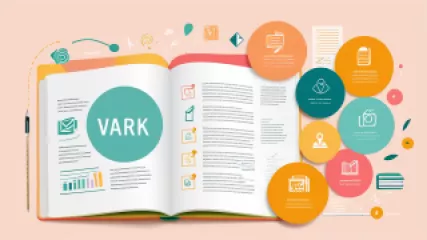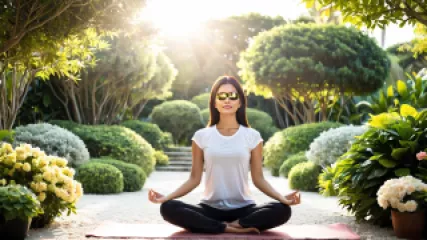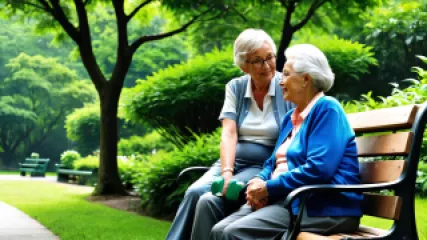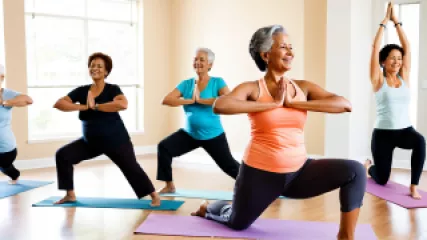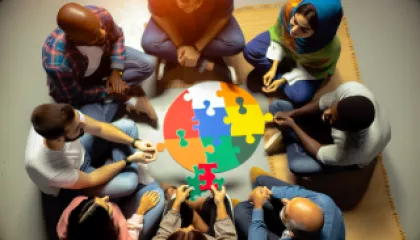10 Intuitive Growth Workshops to Unlock Your Sixth Sense
před 1 rokem
Rozvoj intuice
Caregiver Support Services for Aging Parents: A Research Summary
před 1 rokem
Stárnoucí rodiče
Discovering Your Optimal Learning Style: A Step-by-Step Guide
před 1 rokem
Styly učení
Emotional Healing Through Physical Touch: An Expert's Perspective
před 1 rokem
Přínosy fyzického dotyku
How to Heal From a Broken Heart in 7 Steps
před 1 rokem
Zvládání rozchodu
Building Trust in Parent-Child Relationships
před 1 rokem
Vztah rodič-dítě
What are the benefits of caregiver support services for aging parents?
před 1 rokem
Stárnoucí rodiče
Ultimate Guide to Relaxation Techniques for Caregivers
před 1 rokem
Stres pečovatelů
Effective Coping Strategies for Stress Reduction: A Research Summary
před 1 rokem
Strategie zvládání
Effective Ways to Cope with Loneliness: A Step-by-Step Guide
před 1 rokem
Samota
5 Life Lessons from Movies About Aging Parents
před 1 rokem
Stárnoucí rodiče
5 Inspiring Books and Movies for Understanding Elderly Mental Care
před 1 rokem
Péče o duševní zdraví seniorů
Exploring Senior Mental Health Guidance: A Research Summary
před 1 rokem
Péče o duševní zdraví seniorů
Building a Strong Parent-Child Relationship: The Ultimate Guide
před 1 rokem
Vztah rodič-dítě
Krok za krokem průvodce vyvracením běžných mýtů o duševním zdraví
před 1 rokem
Vyvrácení mýtů o duševním zdraví



